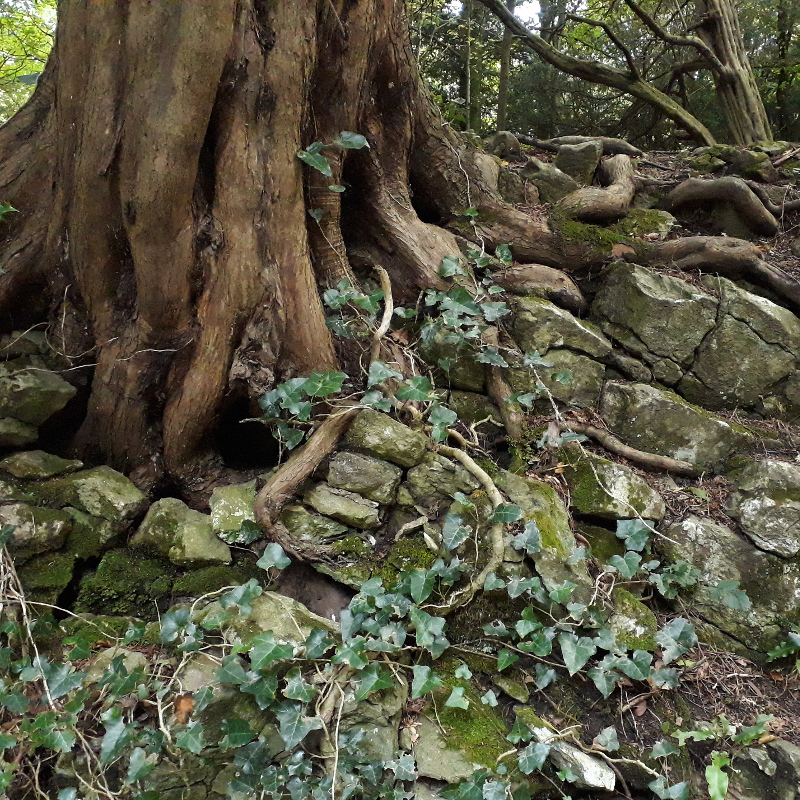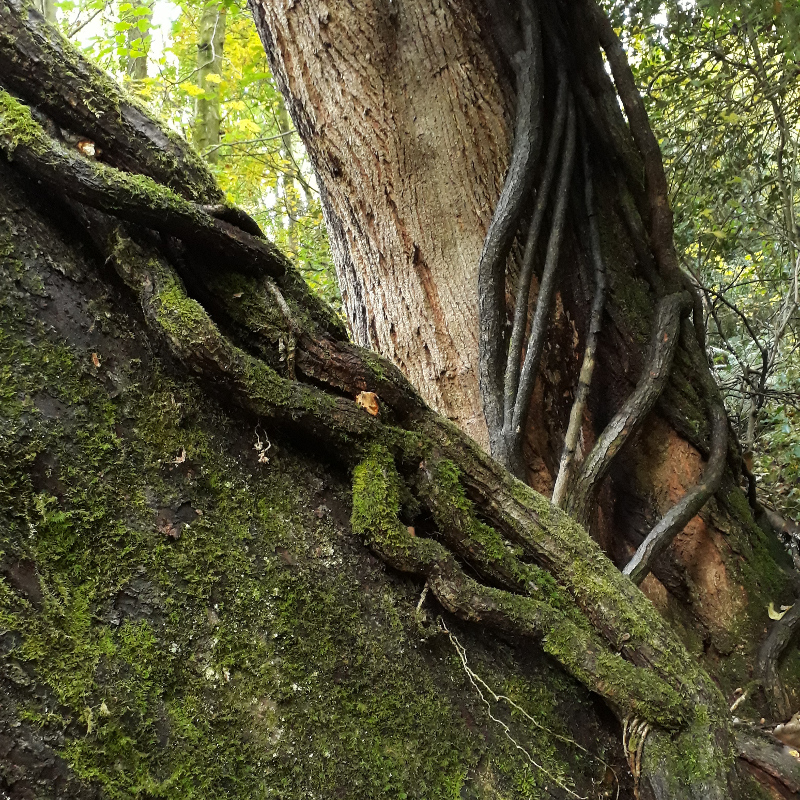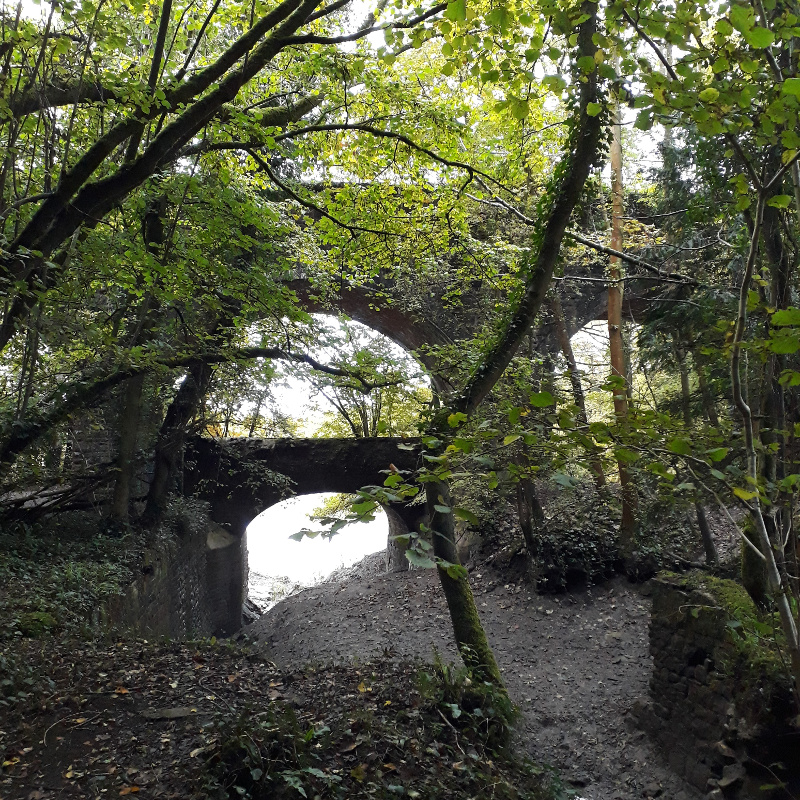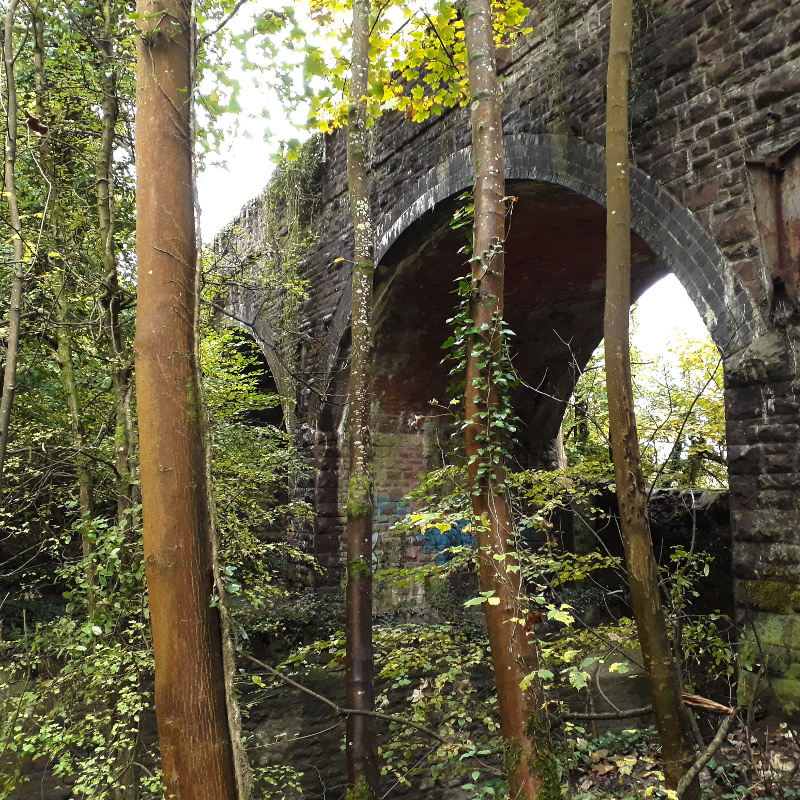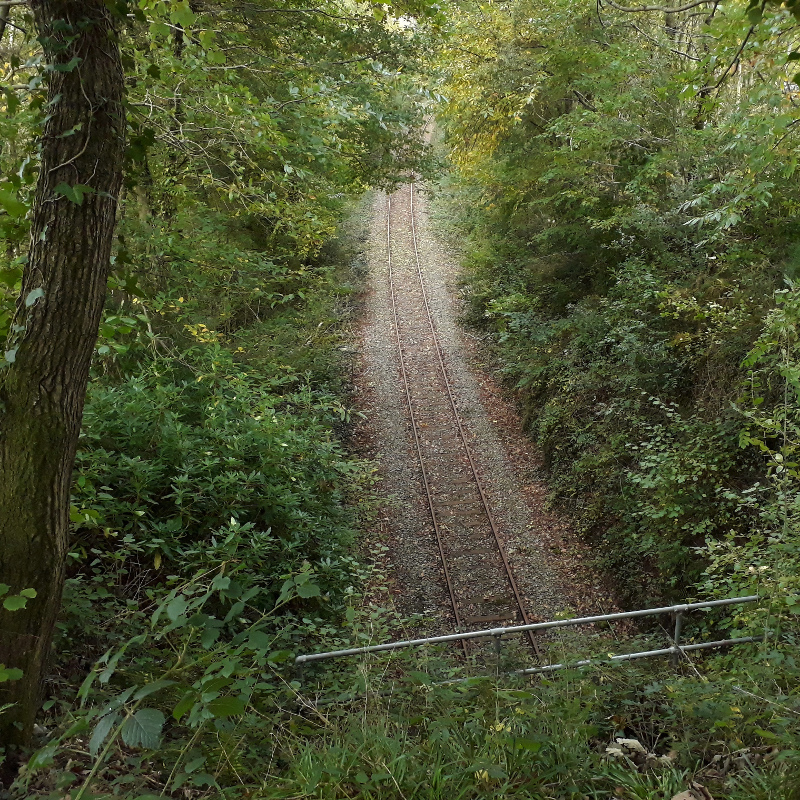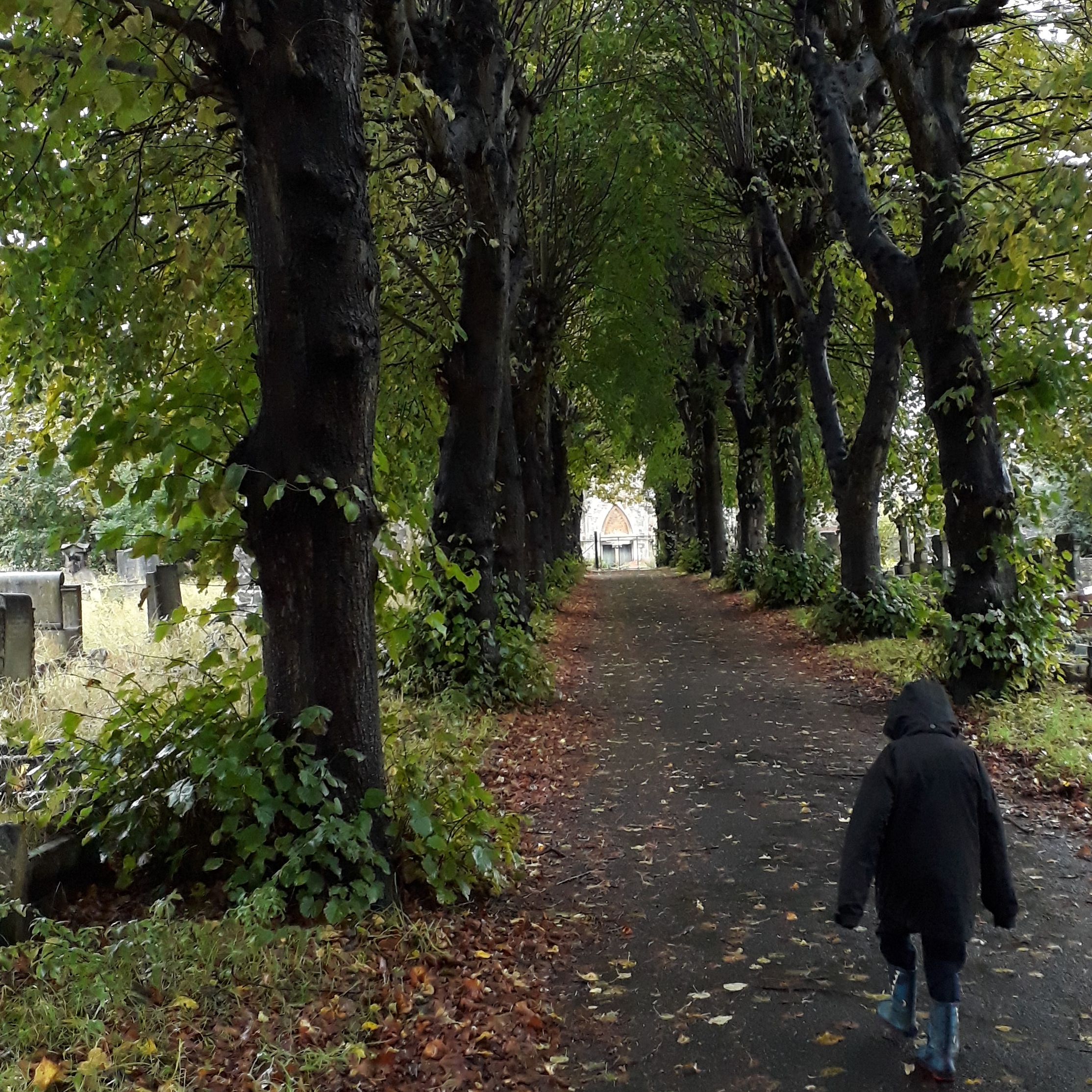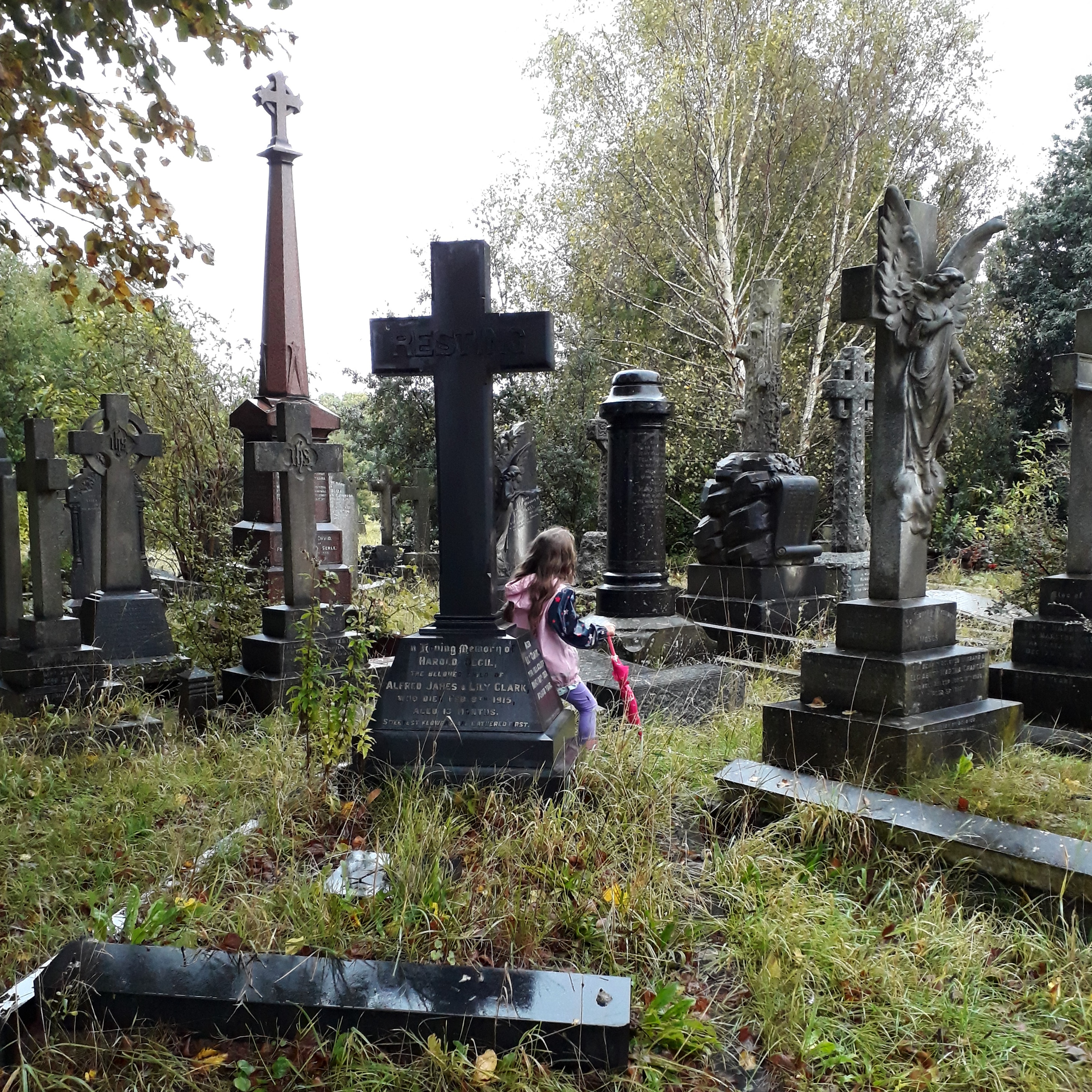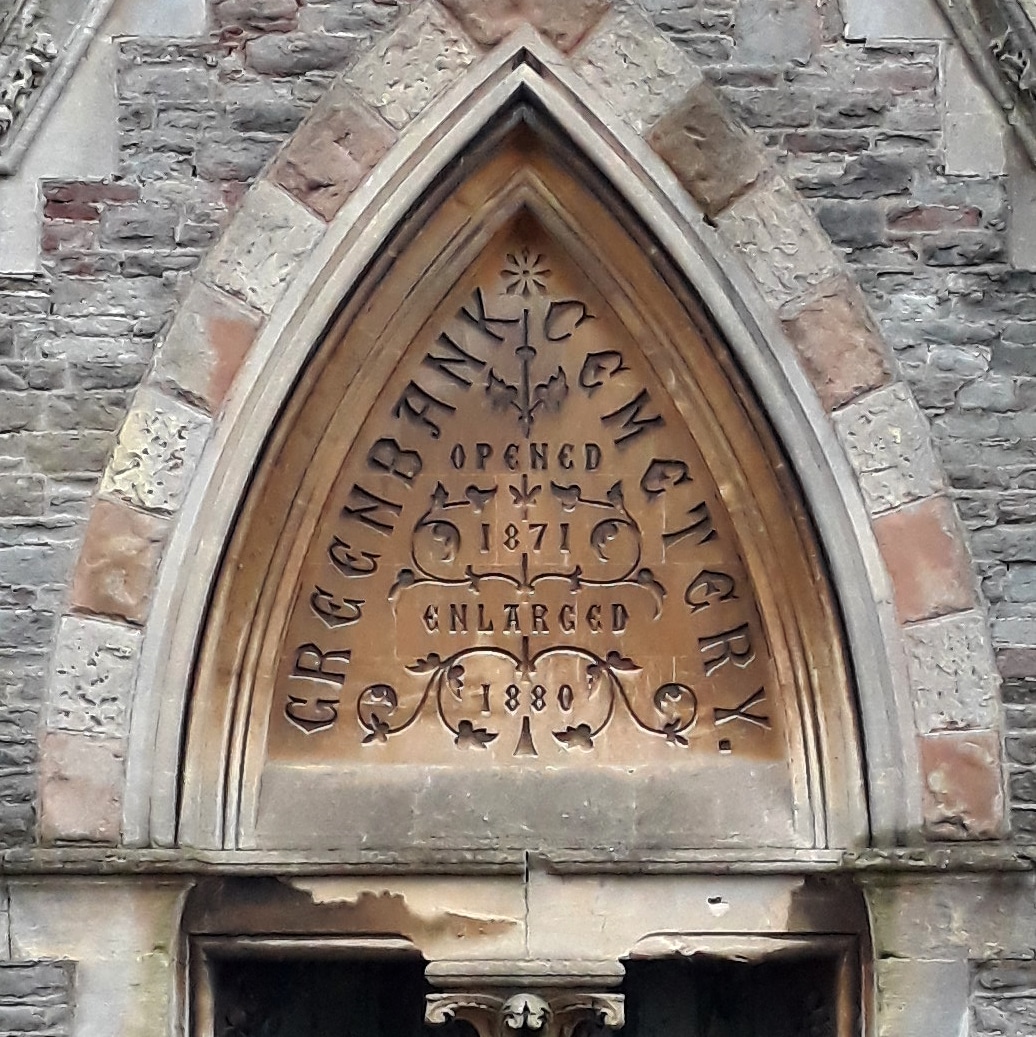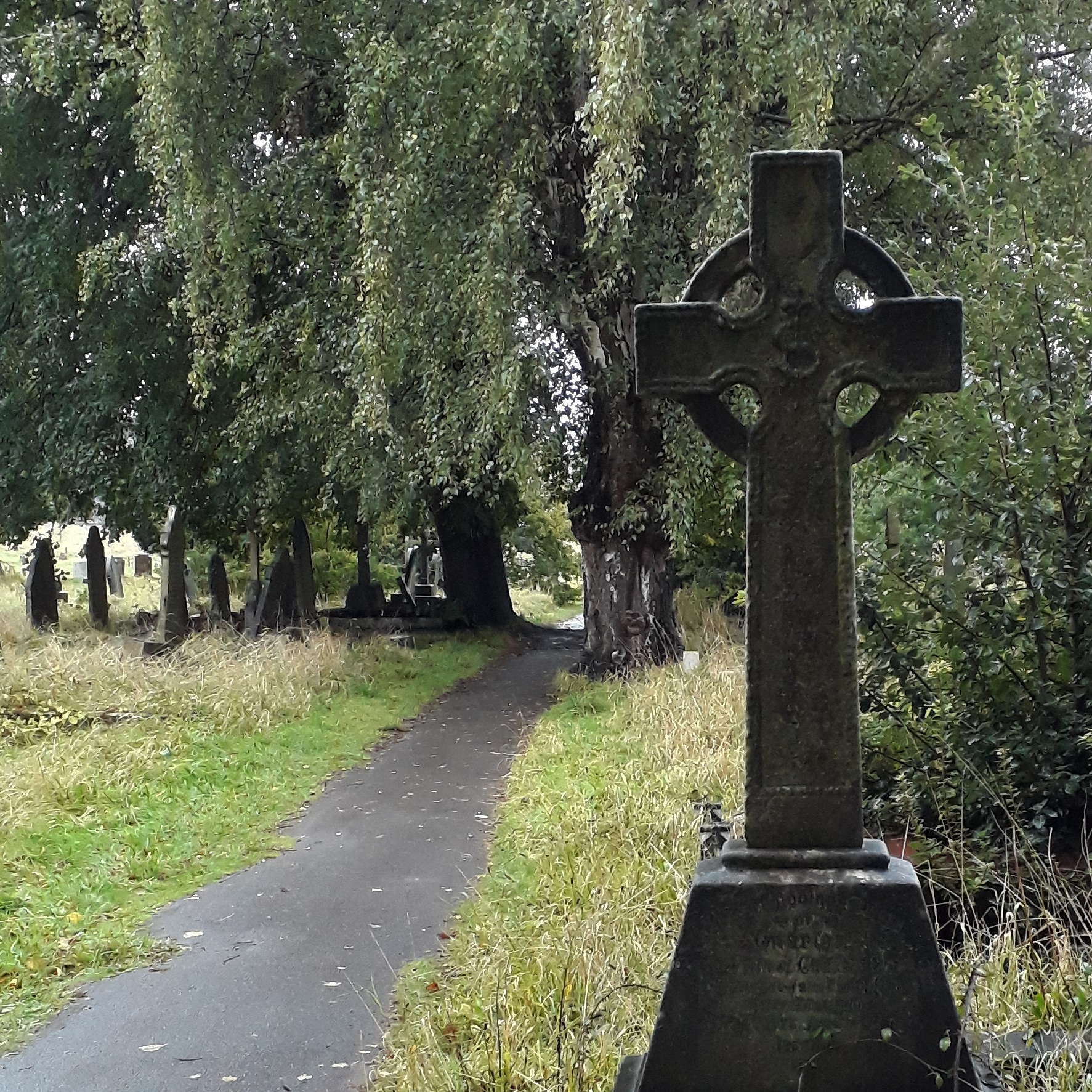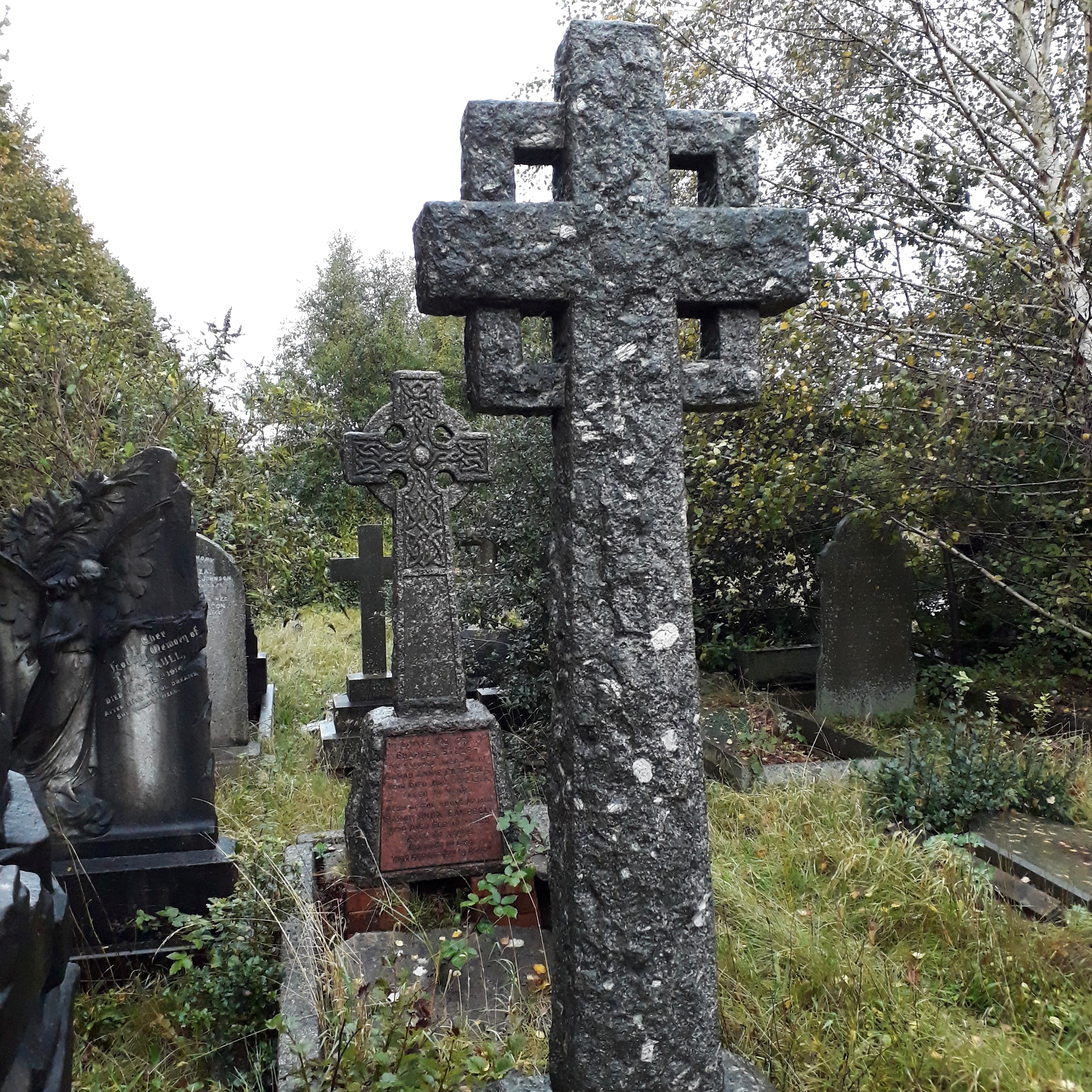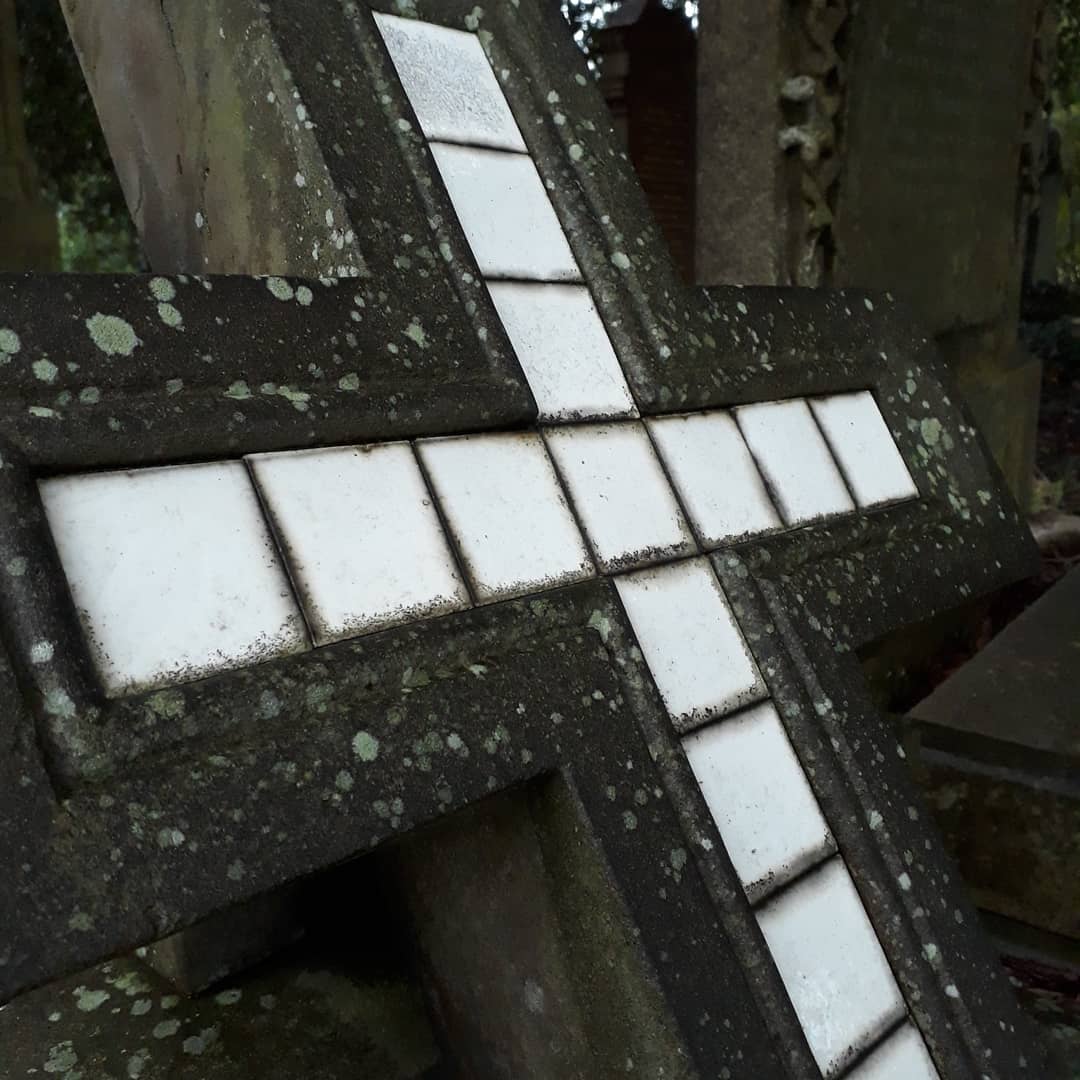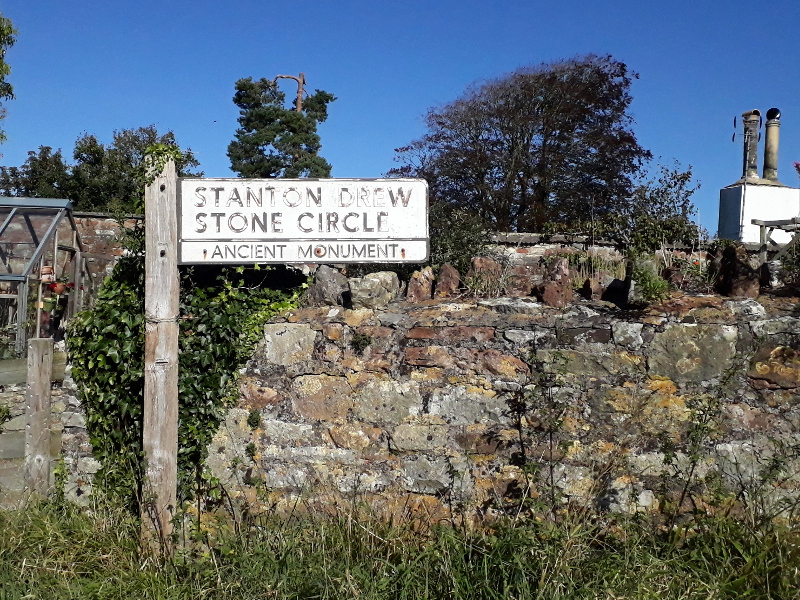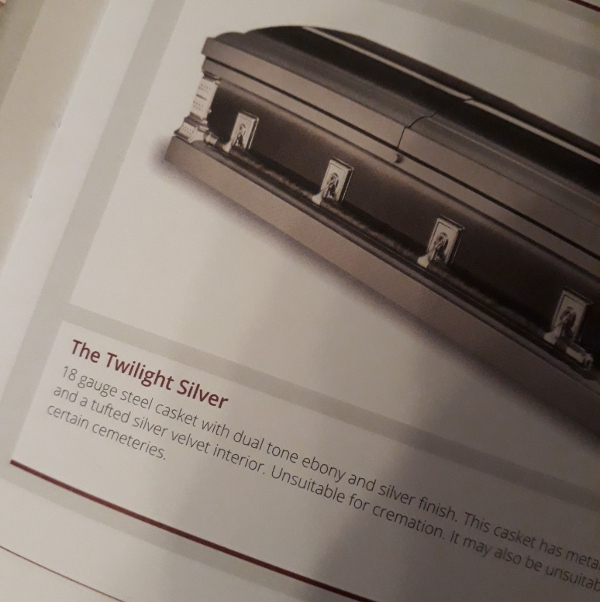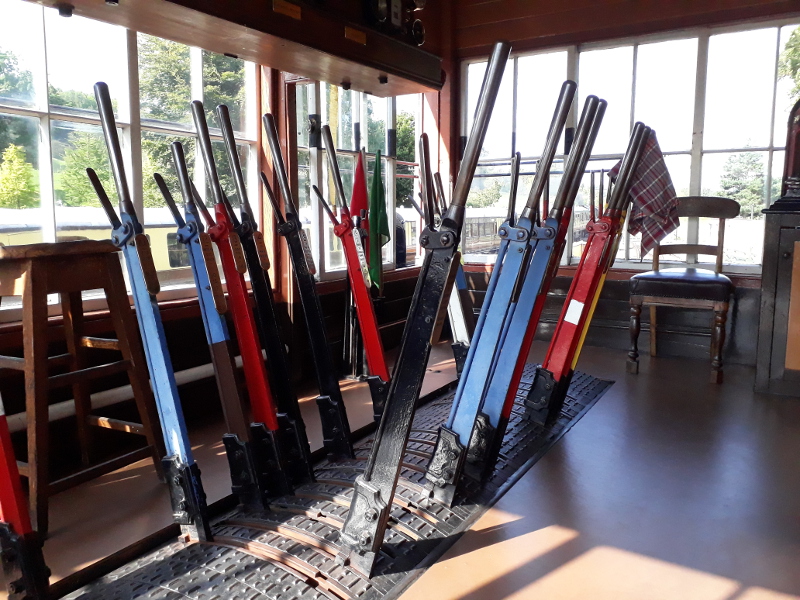The bureaucracy of death
Or, negotiating the process
This is another post in a vaguely-connected series about my dad’s death, just over a year ago now, and the various events and processes that followed as a result. If you haven’t had to deal with a death in the family yourself: you might be vaguely aware of some things, less aware of others, but some parts of it will no doubt be a complete mystery, as they were to me. Moreover, if you do have to deal with a death in the family, then most likely everything you do is through a fog of stress and uncertainty. It has taken me a year to write down some of the things here, partly because of how much work all the things listed here were to do.
The first post on this—which was written shortly after the events—ended with me and The Mother leaving the hospital, Dad being wheeled down to the mortuary carefully out of sight of all of the patients and visitors, the hospital staff not entirely sure where we should be collecting the death certificate from. Probably, though, the Bereavement Office. “Phone ahead first,” they said, “they can take a while to do it.”
What’s the process after that? Well, that’s fairly straightforward to find out, as indeed it should be. You collect the Medical Death Certificate. You take the Medical Death Certificate to the local Register Office,* local to where the death happened rather than to where the dead person lived, incidentally. The Registrar fills out the Death Certificate itself, hopefully with a nice pen, and you sign it. It then gets filed away to be bound into the register proper, and they print out as many printed copies as you’re willing to pay for. These are the things people think of as death certificates, and they are the things you need to send off in the post to the dead person’s bank, building society, and so on and so forth, to kick off all their death-related processes in turn.
May as well get the ball rolling early, we thought. As I mentioned previously, we popped into the undertakers, who were lovely and friendly and helpful in many ways, but explained that they couldn’t officially act on our instructions until we gave them a green form that the Registrar would write out for us, giving us permission to carry out a burial. We phoned the Register Office to make an appointment. “Have you got the Medical Death Certificate yet?” said the receptionist.
“Um, no. The hospital said they would have that for us later. Or tomorrow.”
“You can’t make an appointment until you actually have a Medical Death Certificate.”
I was tempted to phone back and lie, but it wasn’t really worth the effort. I tried phoning the hospital; they’d gone home already.
The next day, we called and called and eventually the hospital Bereavement Office did pick up and say that yes, they’d written out the Medical Death Certificate, we could come and pick it up at any time that they were open, or weren’t having a meal break, or a tea break. “Oh, and we close at 2 most days.” We hotfooted it back down to the hospital straight away, to have a reasonable chance of catching someone in the office, and wandered around the hospital corridors trying to find the place. I half-expected it would be next to the hospital chapel for efficiency. It wasn’t, but inside there was a churchlike air of slow-moving peace and eternal silence.
We explained why we were there, and the woman behind the counter started shuffling through large boxes of uncollected death certificates (medical). And then shuffling through them again. This wasn’t a good sign.
“What did you say the name was?” A third shuffle. “It’s not here. Have you tried the ward he died on? We might have sent it up there.”
So, upstairs again to the ward we had spent so much time in the day before. Onto the ward by tailgating behind somebody else, as usual: so much for physical security. And to the nurses’ station, where some of them did indeed recognise us. “Oh, I don’t think they’ve sent it up here.”
They had, however, and after much rooting around under more paperwork and through various files lying about at the nurses’ station, we finally had a Medical Death Certificate. What did it say? I can’t tell you. We couldn’t see it. It consisted of a sealed envelope. “Don’t open it,” said the nurses. “You have to take it to the Registrar.” And, indeed, it said the same on the envelope. Deliver to Registrar. Do not open, unless you are said Registrar. Do not pass Go or collect £200, either.
To recap a moment: we didn’t have a choice of Registrar. All deaths at this particular hospital, had to be registered at the same place. Big cities might have more than one—Bristol has an outstation Register Office at Southmead Hospital that only does births and deaths, so if someone is born or dies there it can be registered on-site—but Dad didn’t die in a big city, so we didn’t have a choice. We also couldn’t look at it. Why, then, do the dead person’s family have to courier the Medical Death Certificate around themselves, sealed, with all the associated goings-on with finding out exactly where in the hospital it is?
The registration itself was relatively uneventful. It was in the Cleethorpes Old Town Hall building, by the seafront, not needed as a town hall since Grimsby and Cleethorpes merged into a single borough back in the 1990s. No doubt the big formal rooms are now used for weddings; births and deaths are tucked away downstairs. Naturally, I took the opportunity to take a quick snap of the architecture.
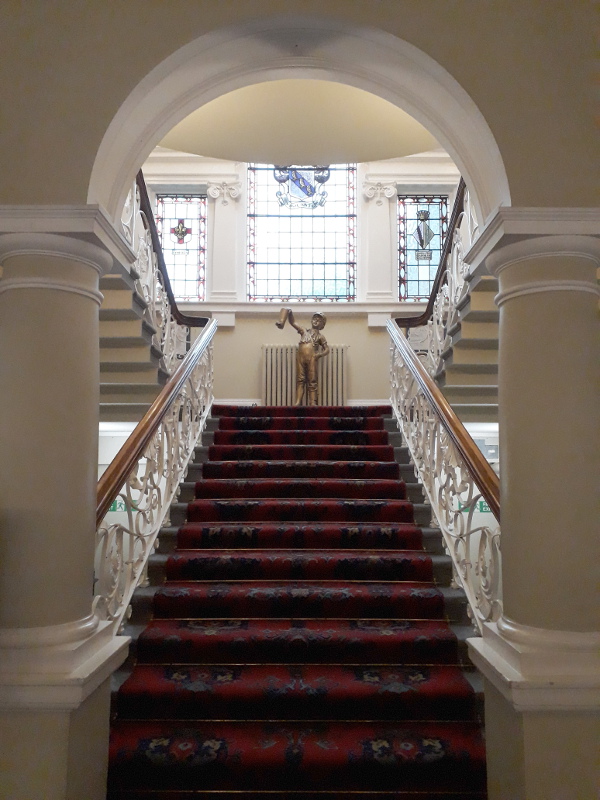
The Registrar left us to wait for a while whilst she looked at the secret contents of the envelope, I suppose in case it said “They did it!” inside. When happy that everything was normal and above-board she invited us in, explained how death certificates are written, took us through what it all meant and asked who wanted to sign it as the Informant. “I don’t think I could write straight,” said The Mother, “my hands are too shaky,” so I signed the register with, as expected, a very nice fountain pen. We collected our copies, warm from the printer, and paid up. We were given the “very important” green form, the one the undertakers were waiting for, the one that said the Registrar definitely wasn’t going to get the Coroner involved in anything, so we were allowed to bury one body. Cremations, apparently, have a lot more paperwork: that nice Dr Shipman’s fault. And then, we were done.
We had a look through all the various RAF memorial boards in the entrance, collected from some of the many closed RAF stations in the surrounding area, just in case Dad’s uncle, who died whilst trying to drop bombs on Frankfurt, was listed; he wasn’t. We went back outside, into the cold wind coming off the sea. Death registered. Achievement unlocked.
* Yes, most people call them Registry Offices. They’re actually called Register Offices. I don’t know why most people call them Registry Offices.

 Home
Home